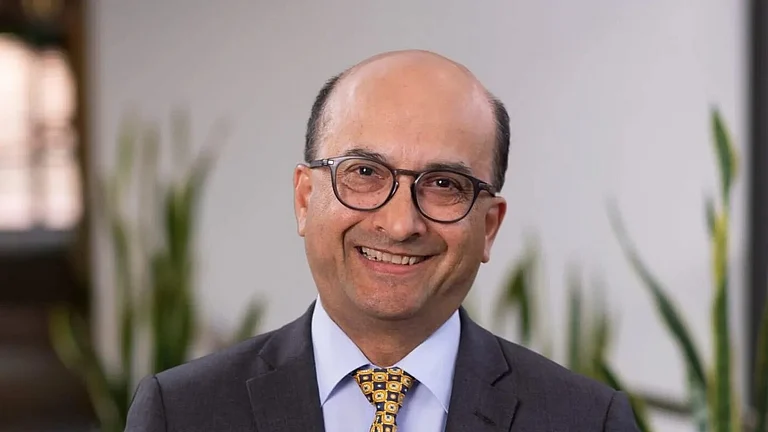There seems to be no dull day at start-up street. From Vijay Shekhar Sharma (VSS) to Ashneer Grover to Byju Raveendran, our social media feed remains well fed. In fact, timelines for the rise and fall of these three would have many similarities. Columns and columns of media space were dedicated to their adulation, and the same space, if not more, was used for the minutest details as controversy and bad luck hit them hard. Suddenly, from poster boys of heady success in the start-up valley, they are the pinup boys of what disproportionate ambition could do to otherwise seemingly good men (I am limiting myself to the men since the woman who comes to mind does not want us to write about her till the judiciary decides otherwise).
The rest of this article could be about why we Indians are so vitriolic in our hatred for stars who fall from grace, but I will keep it for another day. Here I would like to bring to your kind notice a few things about the other constant protagonists in these stories and let us limit ourselves to only Paytm and VSS for now.
All charges against VSS, that he is inordinately ambitious, that he has been arrogant to ignore systemic risks in his company that has led to his stepping away from Paytm Payments Bank (PPBL) are all correct. But what makes him like this? VSS comes from no intergenerational wealth, he is from a humble background and is the first billionaire in his family. So, to have built Paytm from nothing into India’s first fintech super story is phenomenal. The success of Paytm brought in foreign investors by the droves, inspiring many to plunge into entrepreneurship. Emerging as the saviour in a cash-haemorrhaged demonetised India, VSS truly energised the start-up sector. As the government went about its ‘let’s make India great again’ sloganeering, tech, especially fintech and start-ups, became a significant thread in it.
In this gyration, everyone forgot to remind VSS about the many irregularities in his company. While the primary blame for this lies at his door, his celebrated foreign investors or the powers VSS had cosied up to (close watchers of the start-up landscape know that the goings-on in Paytm were common knowledge among people who matter) did not bother to prod him. Instead, they would suggest that the end of making a great fintech company justifies some of the means that VSS was taking. So, everyone looked away when the going was good, till it wasn’t; fleeing when the Paytm ship started sinking.
As the habit of breaking rules as an excuse for business expansion at breakneck speed set in, VSS thought that notices from the RBI were no different from the many other roadblocks he has faced so far. But he was wrong. While the RBI is known to have more teeth than its global peers, it is not bothered about the innovations that VSS swept India with; its concern, as it should be, is for the millions of customers that PPBL services, so VSS is wrong to expect leniency from Shaktikanta Das just because he has moved out of the payments bank.
SEBI, on the other hand, has been a mute spectator so far, while the government has carefully distanced itself from Paytm and VSS.
For those still reading, this story is all too familiar, bringing back memories of another young founder of a certain chain of hotels. But Paytm is no hotel chain and blowups there will ashen the country’s vaunted start-up status more than VSS’s.































